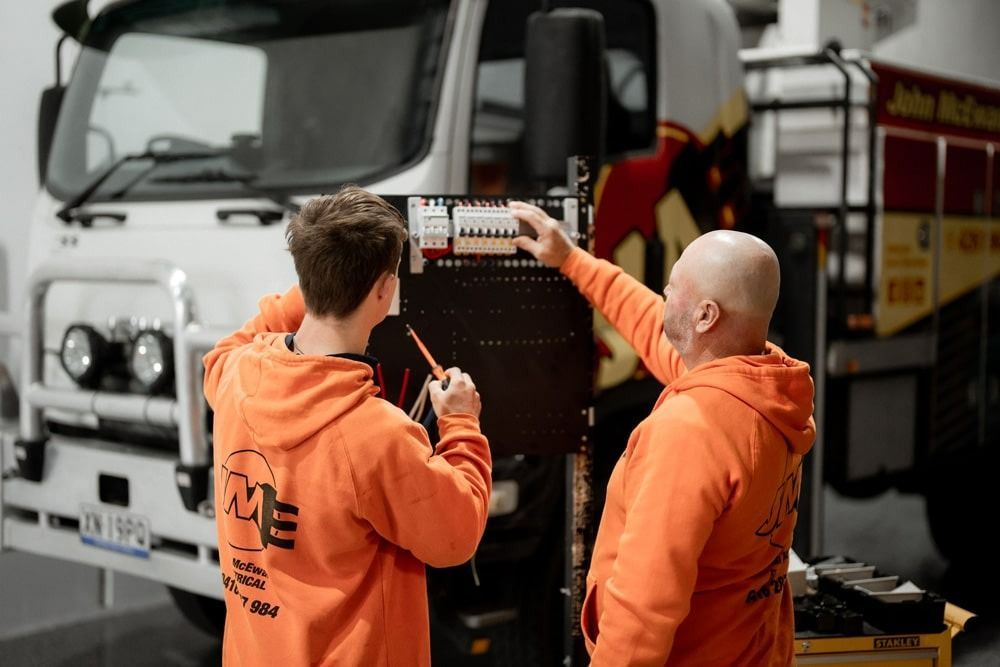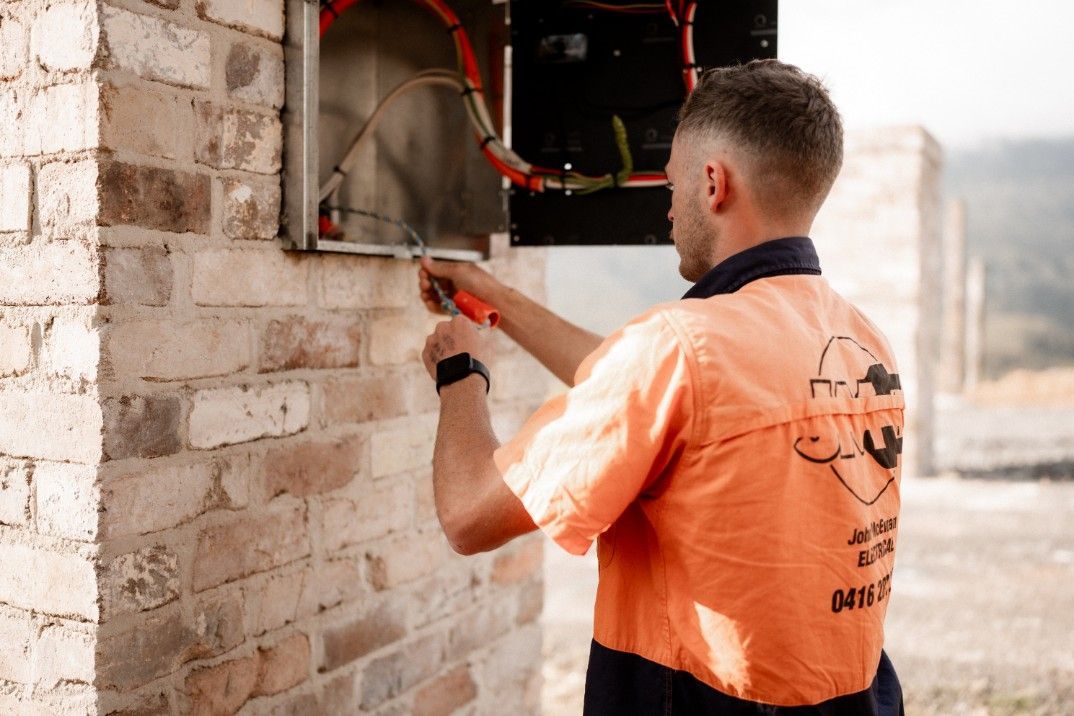Do You Need Surge Protectors?
What if a surge in power leaves you with damaged electronics and a hefty replacement bill? This scenario is more common than you might think, making surge protectors an essential component of electrical safety. In this blog post, we’ll explore the importance of these devices and how you can choose the right one for your needs.
What Are Surge Protectors and Why Are They Important?
Surge protectors are essential devices designed to safeguard your electrical appliances from voltage spikes. These spikes or surges occur when the voltage in your electrical system exceeds the normal operating range, potentially causing significant damage to connected devices. Surge protectors work by diverting the excess voltage away from your electronics and into the ground, thus preventing it from reaching and damaging your equipment. They typically incorporate components such as metal oxide varistors (MOVs), which respond instantaneously to surges, ensuring that only the normal level of electrical current passes through to your devices.
The importance of surge protectors cannot be overstated, as they play a critical role in maintaining the safety and functionality of your electrical systems. Without adequate protection, voltage spikes can result in data loss, hardware damage and even fire hazards. In commercial and industrial settings, surge protectors are even more vital, as they help prevent costly downtime, protect sensitive equipment and maintain operational efficiency. By investing in quality surge protection, you ensure the longevity and reliability of your electrical systems, ultimately saving money and reducing the risk of failures.
Types of Surge Protectors
Different settings and equipment require various levels of protection. The following types of surge protectors are designed to meet the rigorous demands of commercial and industrial settings:
- Panel-mounted Surge Protectors : Installed at the main electrical panel, these protectors safeguard the entire electrical system of a building. They are ideal for commercial buildings and industrial facilities where protecting large, interconnected systems is essential.
- Hardwired Surge Protectors : These are directly wired into the electrical system, providing robust protection for specific critical equipment. Hardwired protectors are suitable for protecting heavy machinery and sensitive industrial devices that are integral to operations.
- Uninterruptible Power Supplies (UPS) : A UPS offers surge protection and backup power during outages. This is particularly important in commercial and industrial environments where even a brief power interruption can lead to significant disruptions and losses.
- Data Line Surge Protectors : These protect Ethernet cables, phone lines and other data connections from surges. In an industrial setting, where data integrity and network reliability are critical, these surge protectors are indispensable.
By choosing the appropriate surge protector for your needs, you can ensure your operations remain uninterrupted and your equipment is well-protected against electrical spikes.
Choosing the Right Surge Protector for Your Operational Scale
Selecting the right surge protector involves considering your specific needs and the environment in which it will be used. Here are some factors to keep in mind:
- Power Rating : Ensure the surge protector can handle the power load of your devices.
- Number of Outlets : Consider how many devices you need to protect and choose a surge protector with adequate outlets.
- Joule Rating : Higher joule ratings mean that the surge protector can endure more significant power surges.
- Response Time : Look for surge protectors with a low response time to ensure quick action against surges.
Key Considerations
- Location and environment
- Types of devices
- Budget and long-term benefits
How Commercial Surge Protectors Differ from Residential Models
Commercial surge protectors are specifically designed to handle the higher power loads and complex electrical systems found in business environments. Unlike residential models, which typically protect individual household devices like computers and televisions, they are built to safeguard multiple pieces of critical equipment simultaneously. They feature higher joule ratings, allowing them to absorb and manage larger energy spikes more effectively. Additionally, commercial surge protectors often come with advanced diagnostics and monitoring tools, providing real-time insights into the protection status and ensuring the systems remain reliable and functional.
Another key difference lies in the durability and compliance of commercial surge protectors. These models are constructed to meet stringent industrial standards and are designed to withstand harsh environments and heavy usage. They often include features such as multiple outlets and integration into the facility’s electrical infrastructure. Investing in commercial-grade surge protectors is a strategic move for businesses.
Safeguard Your Business with Surge Protectors
By integrating surge protection into your electrical systems, you’re taking a proactive step towards maintaining safety and reliability. At John McEwan Electrical, we understand the importance of protecting your investments. Our electricians offer a comprehensive range of solutions, from test and tag to surge protection. Don’t wait for the next power surge—ensure your peace of mind today with our services. Get in touch with our industrial electricians in Wollongong to learn more about how we can help you keep your electrical systems safe and secure.







